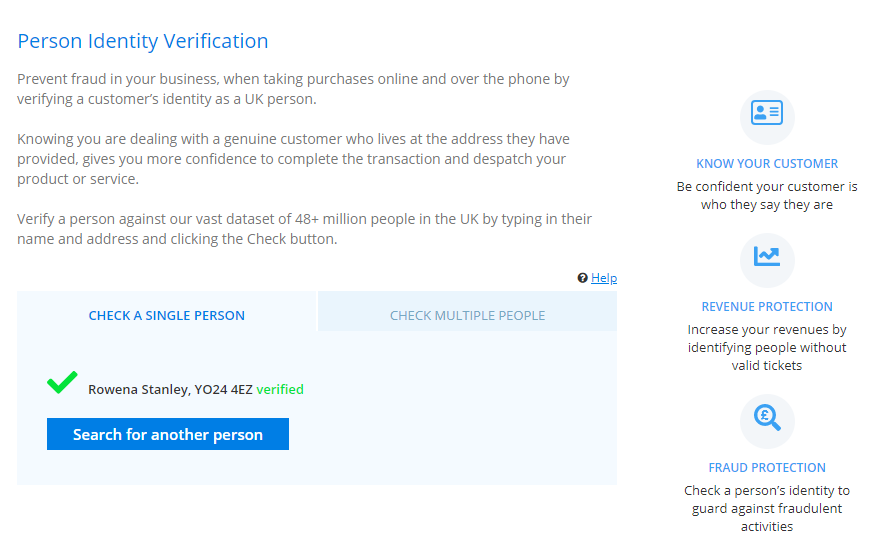How companies can beat scalping and win over customers
How companies can beat scalping and win over customers
Scalping is most prevalent online. The coronavirus pandemic has benefited online scalpers by creating the perfect storm of:
What is Scalping?
You might be familiar with the gruesome act of removing an enemy’s hair (and scalp!) featured in many Hollywood westerns. However, there's another meaning of scalping which is used increasingly in business.
A definition of scalping, in a business sense, from the Cambridge English dictionary:
Scalping is most prevalent online. The coronavirus pandemic has benefited online scalpers by creating the perfect storm of:
- A huge consumer shift towards online purchasing.
- Delays in product delivery due to problems with global supply chains.
- Other purchasing channels, such as high street retail, being closed during lockdowns.
What’s the problem?
The Scalpers say that buying up desirable items for sale on the internet, like the new PlayStation 5 console, and selling them for a handsome markup is just good business. They claim they are only being entrepreneurial and it’s not illegal to do it.

Indeed it is not illegal, but it’s certainly regarded as pretty unethical and angers many consumers who can’t get items they really want, like the PS5.
Scalpers often use bots to trawl the internet to find websites selling these desirable in-demand items. This practice adds to the view that this is unethical, with ordinary customers standing little chance of finding items in stock on a website against such mass volume automated techniques.
Many people have written to their MPs complaining about the practice and a debate on scalping was raised in parliament specifically about the unfairness on consumers of scalping in the computer consoles market.
Very few retailers have protection in place against scalping
In the gaming market, most retailers recognise the problem of scalping.
Our very quick mystery shopping exercise found that the current ‘hard to get’ PS5 cannot easily be bought on the internet at it’s RRP of £449.99 because stocks on retailer websites are all sold out.
However, you can get one if you’re prepared to pay the inflated cost of the scalpers on reseller websites like Ebay, some adding on hundreds of pounds. The cheapest PS5 we found on Ebay was £535.00, going up to £999.99.
Currys PC World seem to be one of the few online retailers trying to offer a fairer system. You can enter their PS5 VIP pass draw and if you’re one of the lucky winners you get a code to purchase a PS5 when they secure more stock.
Companies have a choice to retain their brand reputation and win over customers
The use of automated bots has only been made illegal for buying tickets for concerts and gigs.
For all other items currently in high demand scalpers can continue to use bots and buy up stock from websites that aren’t doing anything about it. There are many items that attract scalpers, here are just a few examples:
- Game consoles
- New technology and computer equipment
- Hot tubs
- Gym equipment
- Special edition records
- Limited edition trainers and clothing

Companies risk losing their brand reputation and customer loyalty when customers go to their website and cannot get what they want as it’s out of stock, scalpers with their automated bots having got there first and purchased the items in bulk.
Customers are less likely to return to a website in future when looking for other items if they have been unable to get their in-demand item before because the company has allowed scalpers to buy up much of the stock.
In fact, because it’s becoming such an issue, there’s an opportunity for companies to get ahead of their competitors by introducing anti-scalping operating procedures onto their website. This will create a fair and level playing field for consumers, plus a real positive PR story for their brand which in turn can increase customer loyalty and sales.
The Anti-Scalping solution for companies to keep their customers happy
Companies can use Person Identity Verification on their website to ensure an order is from a genuine name at the delivery address given. Person Verification matches the order details against the full Electoral Roll dataset. Steps for companies are:
- Restrict a product liable to scalping to 1 order per person.
- Check the name and address typed in hasn’t already been used to buy it.
- Someone scalping would need to invent false names at their address, or other addresses they are using. Running this through Person Identity Verification would then tell the company that the name and address doesn’t exist and so refuse the purchase.

This data-based method of verification is easier and cheaper to implement for the company, and much less hassle for the customer, than having to find photo ID and upload to the website.
Our API for websites can integrate our Person Verification method easily into your website. We also offer Person Identity Verification on our public website ukphonebook.com.
Contact Us or visit our website for more information.